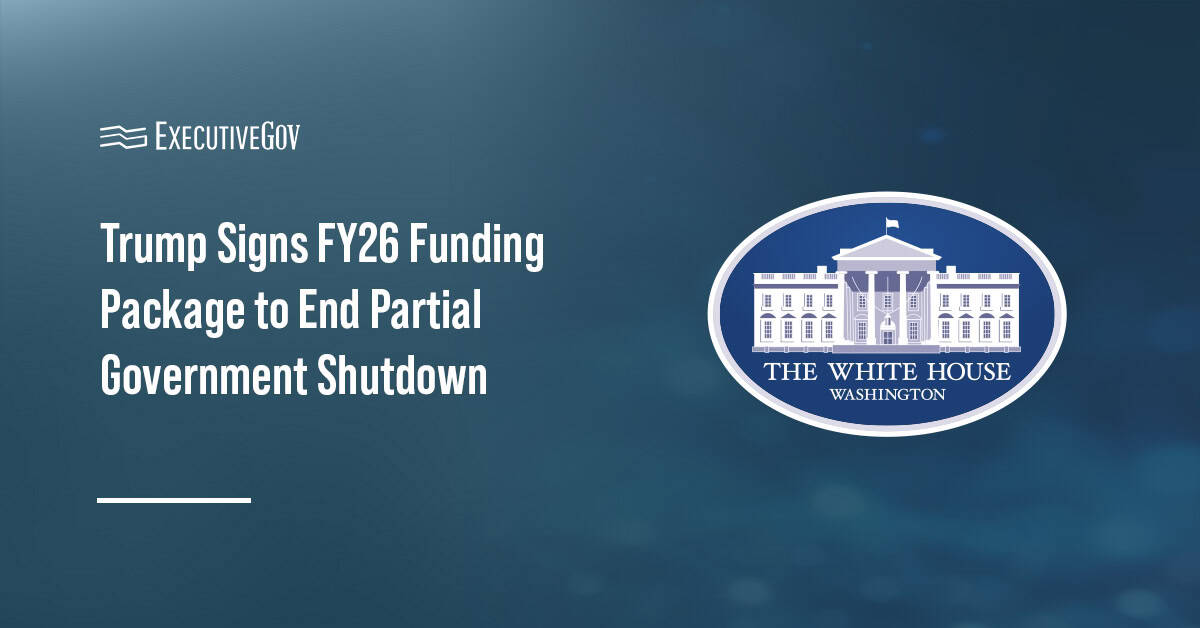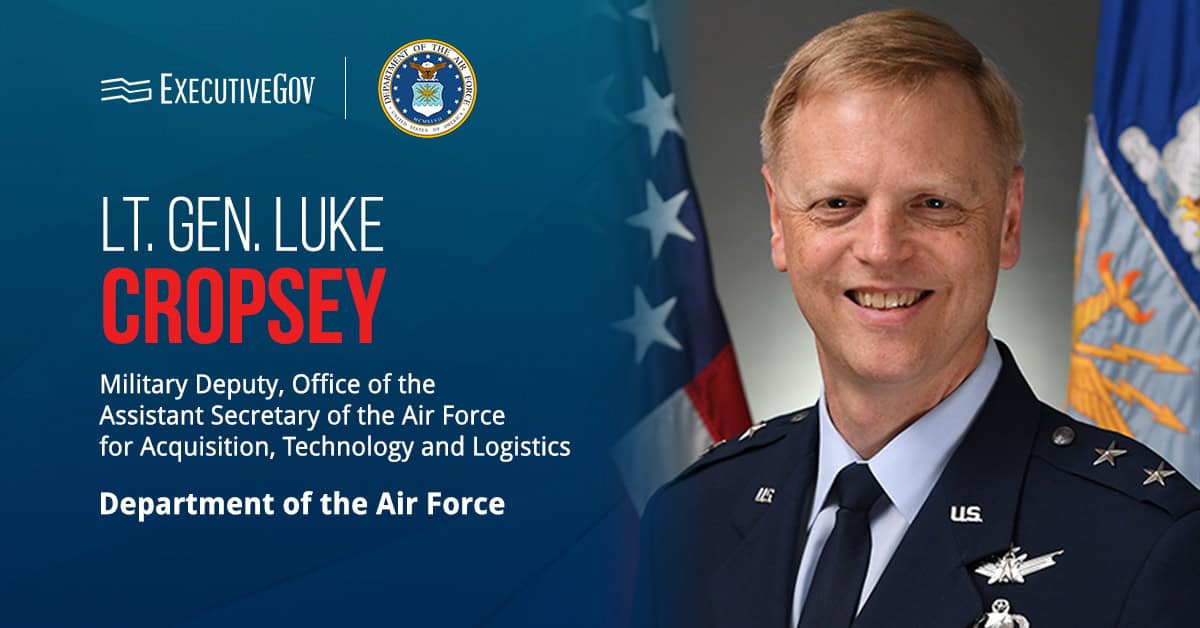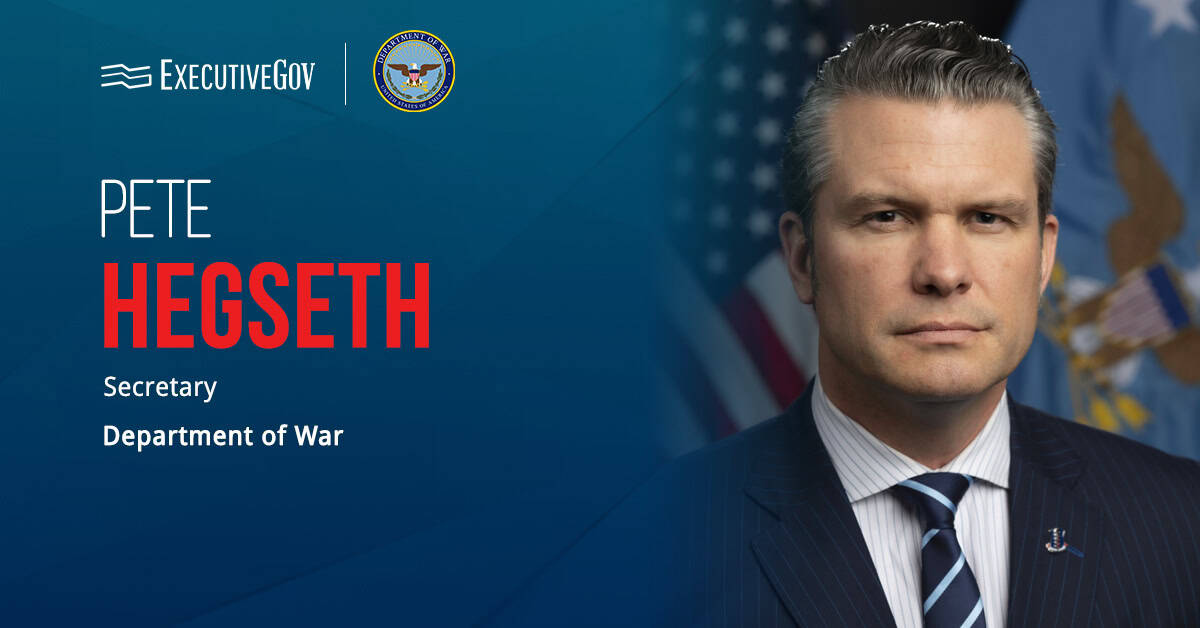
Defense Advanced Research Projects Agency Director Arati Prabhakar has said the U.S. should continuously invest in science and technology in order to maintain its military advantage as foreign powers strengthen their research and development efforts, DoD News reported Wednesday.
Lisa Ferdinando writes Prabhakar made her remarks at a hearing of the House Armed Services Committee’s emerging threats and capabilities subcommittee Wednesday.
Prabhakar noted the Defense Department and DARPA will work together to establish U.S. advantage “for military and national security purposes” amid the challenges posed by terrorism, violent extremism and cross-border criminal activity.
She also told the subcommittee that a team of approximately 200 employees at DARPA works to address challenges as DoD officials at the hearing called for continued investments in personnel.





